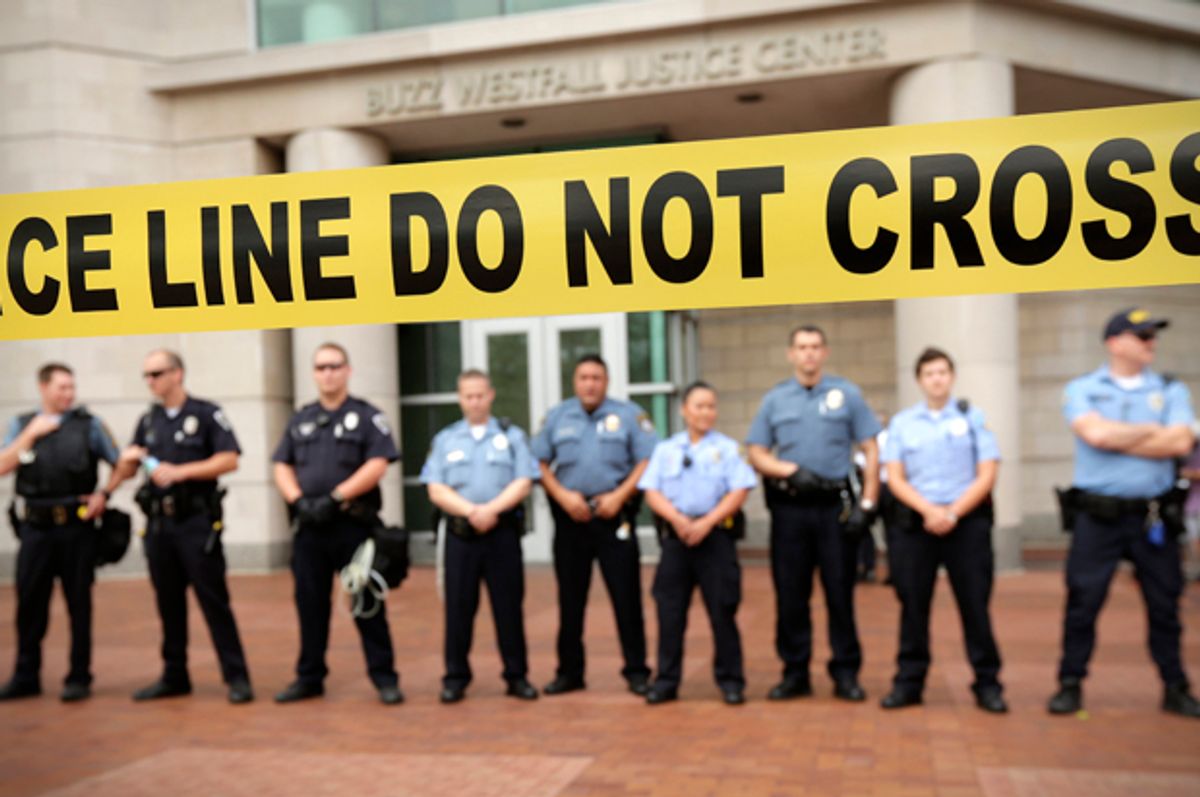The United Nations' Committee on the Elimination of Racial Discrimination has recently concluded its 85th Session during which time it considered seven state reports, including one on the United States.
The report praised many progressive steps the U.S. has taken to ensure equality, including the termination of the National Security Entry-Exit Registration System, the adoption of the Fair Sentencing Act and the adoption of the Matthew Shepard and James Byrd, Jr. Hate Crimes Prevention Act.
However, the number of issues the report raises is pretty abominable. CERD expressed concern over the following problems:
- Lack of a national human rights institution
- Persistent racial profiling and illegal surveillance
- Prevalence and under-reporting of racist hate speech and hate crimes
- Disparate impact of environmental pollution in low income and minority communities
- Restrictive voter identification laws leading to unequal right to vote
- Criminalization of homelessness when homeless people are disproportionately minorities
- Discrimination and segregation in housing
- De facto racial segregation in education
- Unequal right to health and access to health care
- High number of gun-related deaths and "Stand Your Ground" laws, which disproportionately affect members of racial and ethnic minorities
- Excessive use of force by law enforcement officials
- Increasingly militarized approach to immigration law enforcement
- Violence against women occurs disproportionately more frequently for women from racial/ethnic minorities
- Criminal justice system disproportionately arrests, incarcerates and subjects to harsher sentences people from racial/ethnic minorities
- Youth from racial/ethnic minorities are disproportionately prosecuted as adults, incarcerated in adult prisons, and sentenced to life without parole
- Non-citizens are arbitrarily detained in Guantanamo Bay without equal access to the criminal justice system, while at risk of being subjected to torture
- Unequal access to legal aid
- Lacking rights of indigenous peoples (the report lists numerous different concerns)
- Absence of a National Action Plan to combat racial discrimination
In a press conference convened Friday, CERD committee vice chairman Noureddine Amir highlighted the death of Ferguson teenager Michael Brown: "The excessive use of force by law enforcement officials against racial and ethnic minorities is an ongoing issue of concern and particularly in light of the shooting of Michael Brown. This is not an isolated event and illustrates a bigger problem in the United States, such as racial bias among law enforcement officials, the lack of proper implementation of rules and regulations governing the use of force, and the inadequacy of training and law enforcement officials."
In response to the UN's report, Jamil Dakwar of the American Civil Liberties Union (ACLU) said, "When it comes to human rights, the United States must practice at home what it preaches abroad."

Shares